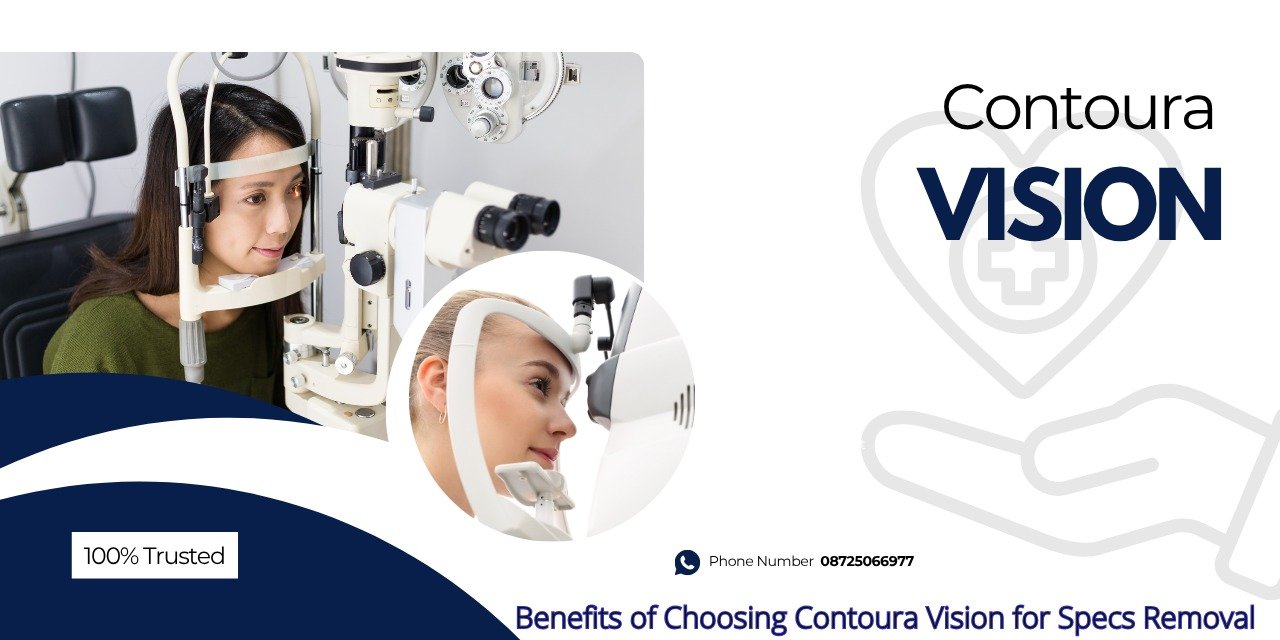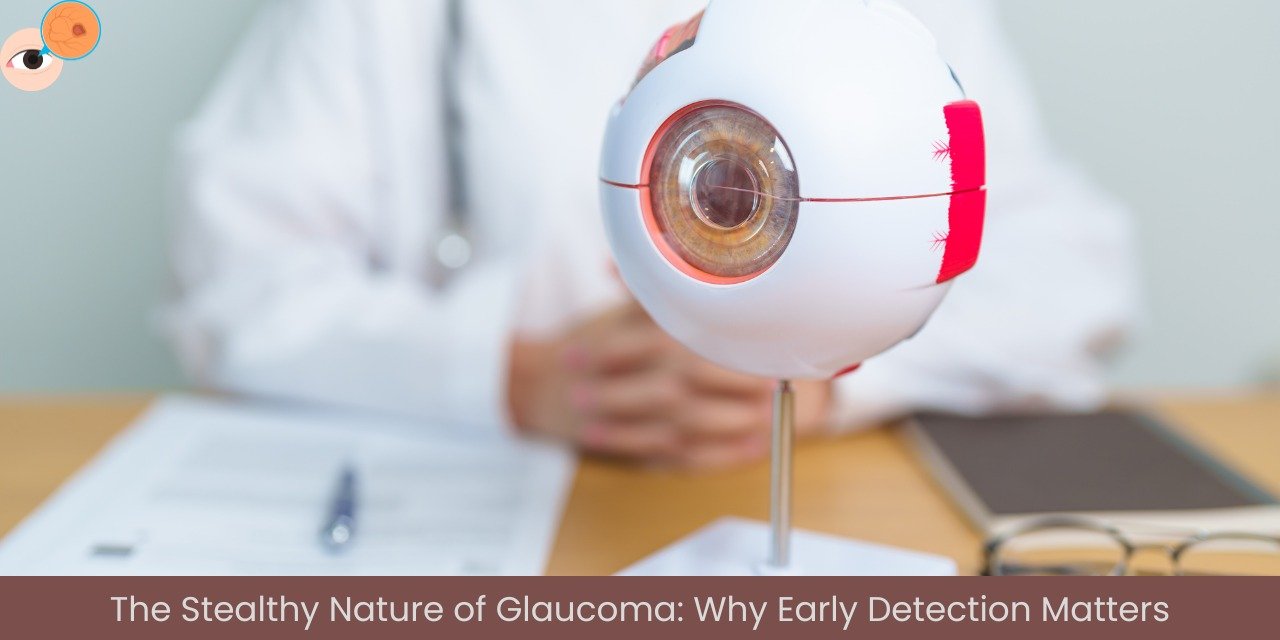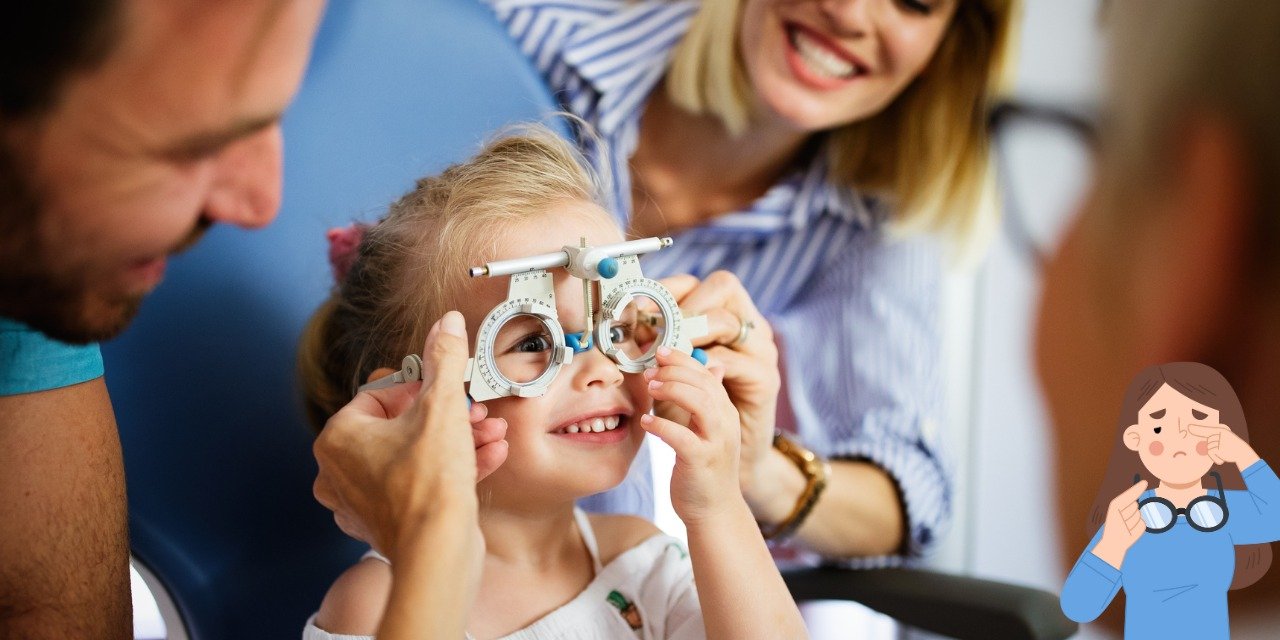Cataracts are a common eye condition that affects millions of people worldwide, particularly as they age. This condition occurs when the eye’s natural lens becomes cloudy, leading to vision impairment. While cataracts are often linked to ageing, other factors like genetics, smoking, and prolonged sun exposure can also contribute to their development. Fortunately, there are many lifestyle changes you can make to protect your eyes and reduce the risk of cataracts.
In this article, we’ll discuss several simple but effective lifestyle changes that can help maintain your eye health and prevent cataracts from forming.
1. Eat a Nutrient-Rich Diet
A healthy diet plays a crucial role in maintaining good eye health. Several nutrients have been shown to protect your eyes from cataracts, including:
- Antioxidants: Foods rich in antioxidants such as vitamins C and E can help prevent damage to your eye lens caused by free radicals. Citrus fruits, berries, nuts, and seeds are great sources of these vitamins.
- Lutein and Zeaxanthin: These carotenoids are found in leafy green vegetables like spinach, kale, and broccoli. They help filter harmful blue light and protect your eyes from damage, reducing the risk of cataracts.
- Omega-3 Fatty Acids: Omega-3 fatty acids, found in fish such as salmon and tuna, play a protective role in overall eye health. Studies suggest that they may also reduce the risk of cataracts and other age-related eye diseases.
- Zinc: This mineral supports the health of the retina and helps the body absorb vitamin A, which is essential for maintaining good vision. Zinc can be found in foods like meat, beans, and nuts.
Incorporating these nutrients into your diet can promote healthy vision and reduce the risk of developing cataracts.
2. Protect Your Eyes from UV Rays
Prolonged exposure to ultraviolet (UV) rays from the sun can accelerate the development of cataracts. Wearing sunglasses that block 100% of both UVA and UVB rays is an easy and effective way to protect your eyes from this harmful radiation.
Consider wearing a wide-brimmed hat when spending time outdoors, as it can further reduce the amount of sunlight reaching your eyes. Make sure to wear sunglasses even on cloudy days, as UV rays can still penetrate through clouds.
3. Quit Smoking
Smoking is one of the most significant risk factors for cataracts. It produces harmful chemicals that cause oxidative stress in the eye, damaging the lens and leading to cataract formation. By quitting smoking, you not only reduce your risk of developing cataracts but also protect yourself from other eye conditions like macular degeneration.
Quitting smoking can be challenging, but the benefits to your eye health, as well as your overall well-being, are undeniable. There are many resources available to help you quit, including support groups, counseling, and medications.
4. Control Blood Sugar Levels
People with diabetes are at a higher risk of developing cataracts, as high blood sugar levels can damage the eye’s lens over time. If you have diabetes, it’s essential to manage your blood sugar levels through a healthy diet, regular exercise, and medication as prescribed by your doctor.
By keeping your blood sugar in check, you can reduce your risk of cataracts and other diabetic-related eye conditions like diabetic retinopathy.
5. Maintain a Healthy Weight
Being overweight or obese can increase your risk of developing cataracts, as excess body weight is linked to chronic diseases like diabetes and high blood pressure, which are risk factors for cataracts. Adopting a healthy lifestyle that includes regular physical activity and a balanced diet can help you maintain a healthy weight and protect your eyes from cataracts.
Regular exercise not only benefits your overall health but also improves blood flow to the eyes, ensuring they receive the nutrients and oxygen they need to stay healthy.
6. Limit Alcohol Consumption
Excessive alcohol consumption has been linked to an increased risk of cataracts. While moderate alcohol intake may not cause significant harm, heavy drinking can lead to oxidative stress and damage the eye’s lens. Limiting your alcohol consumption to moderate levels can help protect your eye health and reduce your risk of cataracts.
7. Regular Eye Check-Ups
Regular eye examinations are crucial for detecting cataracts early. An eye doctor can monitor changes in your vision and recommend treatment if necessary. Early detection of cataracts allows for more effective treatment options, including lifestyle changes that may slow their progression.
Even if you don’t have any noticeable vision problems, it’s essential to schedule regular check-ups with your eye doctor. Comprehensive eye exams can detect not only cataracts but also other eye conditions like glaucoma and macular degeneration.
Conclusion
Incorporating these lifestyle changes can go a long way in protecting your eyes and reducing the risk of cataracts. Eating a balanced diet, protecting your eyes from UV rays, quitting smoking, controlling blood sugar, maintaining a healthy weight, and limiting alcohol intake are all effective strategies for promoting eye health.
If you’re concerned about cataracts or any other eye health issues, it’s essential to consult with an experienced ophthalmologist. Dr. Sanjay Mishra, the best eye surgeon in Mohali, offers expert advice, diagnosis, and treatment options for cataracts and other vision-related conditions. By taking proactive steps and seeking professional guidance, you can enjoy healthy vision for years to come.For more details please contact us directly on: +919779326493













